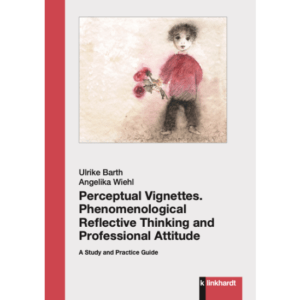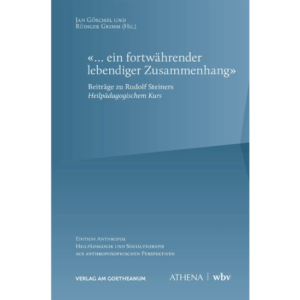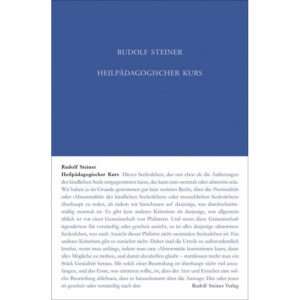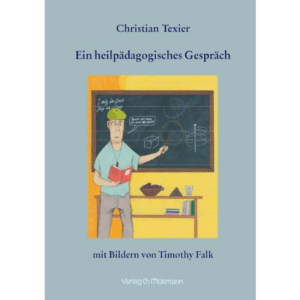At the section’s fall 2024 conference, there was a forum on the topic and the people in this group are taking the initiative further and can work together with other interested colleagues. The main topics in this field of work are summarized here What is a happy childhood and how can we support a happy...
Archives: Projects
Abuse Prevention
The important topic of abuse prevention and dealing with emotional, structural and sexual assault must be considered professionally in our field of work. This is because every person can experience violence and also be affected by violence. In the interests of self-determination and human dignity, it is important to develop organizational cultures in which these...
Body therapies
Due to the perception that the anthroposophical quality is declining in some institutions and being sought and cultivated with great intensity and seriousness in some institutions, it makes sense to make the quality characteristics and practical applications visible and to exchange ideas about them. This also includes body therapies. The Medical Section also has an...
Ageing and Care
Due to the demographic structure of our society and medical advances, for several years we have had many more older people requiring assistance. We need appropriate concepts and qualifications for this. Individual nurses have already made initial innovations possible regionally, locally in their contexts. Various member organizations have responded to the demand with new housing...
Perceptual Vignettes
Phenomenological Reflective Thinking and Professional Attitude The study and workbook is now also available in English. Perceptual vignettes are the result of a phenomenological method applied in pedagogical practice and research. This method includes perception, description and phases of reflection and supports the development of a professional inclusive attitude and diagnostic competence. The process-based way...
«… ein fortwährender lebendiger Zusammenhang»
Contributions to Rudolf Steiner’s Course on Education for Special Needs The book «… ein fortwährender lebendiger Zusammenhang» is the joint work of a group of authors who, against the background of the time when the course was created and in reflection on the current situation, explore the future perspectives that can be gained from Steiner’s...
Course on ‘Education for Special Needs’
One hundred years ago, this course took place with a small group of people in the carpentry hall at the Goetheanum in Dornach. It became a source of inspiration and the starting point for the development of our worldwide work context for anthroposophically oriented curative education and inclusive social development. A project initiated by Jan...
Supportive Education and Inclusion in Schools
In this online working group, experienced colleagues bring together examples of good practice and make them accessible to their colleagues who support children with special educational needs in a school context. The focus is on supporting teachers in their collaboration within the school as well as with therapists and doctors. Cooperation with parents is also...
Class holders of the 1st class of the School of Spiritual Science
Online working group of Class Holders working in inclusive social development In this online working group, class holders working in curative education and social therapy exchange about their work and consult each other. The research questions addressed in our working field focus on understanding the nature of human development and how children and adults with...
A supportive education discussion
Christian Texier, with pictures by Timothy Falk. A Supportive Education Conversation imparts a little of the ‘joyful science’ that Rudolf Steiner expounded in his Curative Education Course in 1924. The book is intended as a contribution to the 100th anniversary of the lecture series and at the same time provides a humorous and illustrated introduction...




